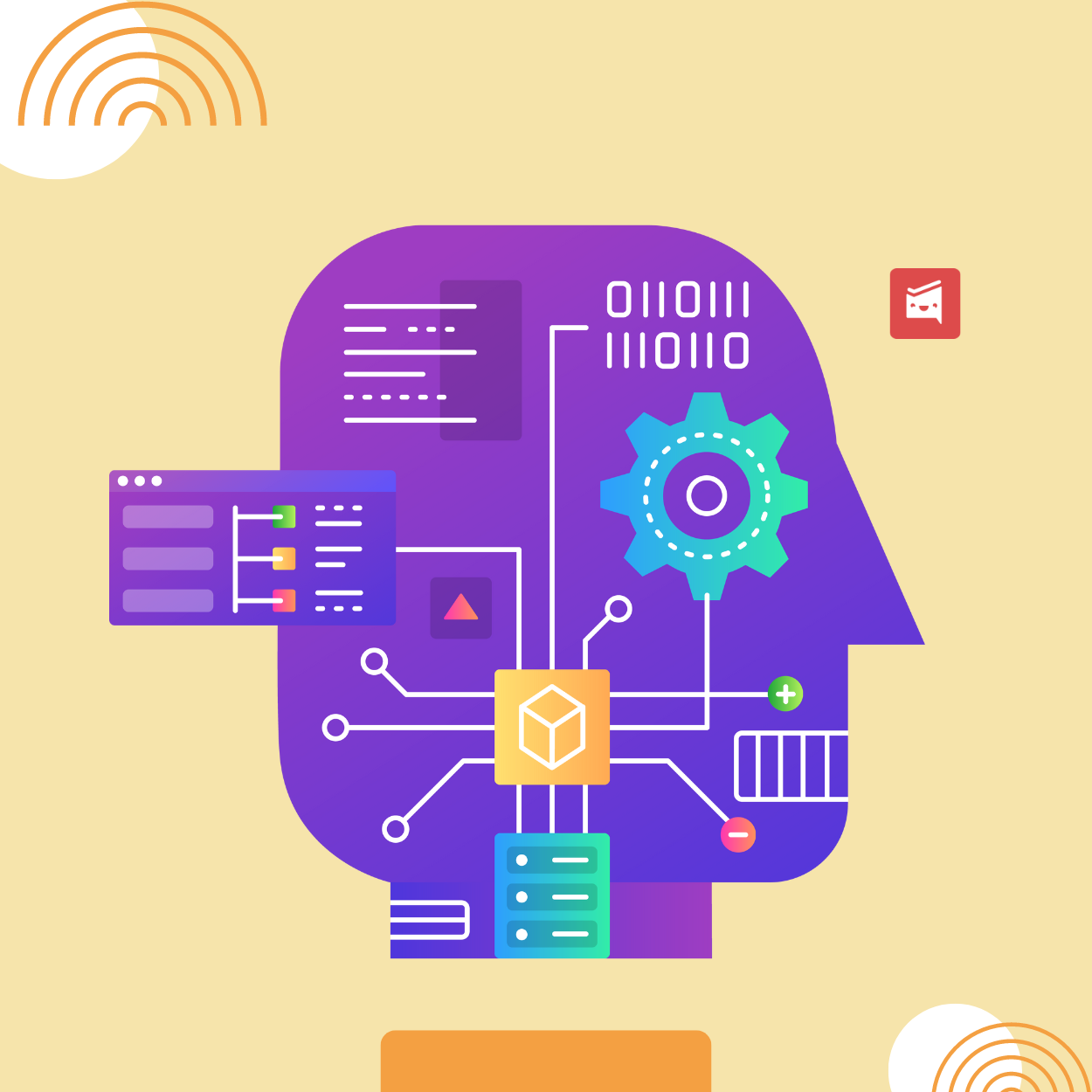Digital Transformation Trends for 2023: Future of Business Operations
BySarah Harris
Sarah Harris takes care of the customer support requests at Workast. She is also an avid writer.

Sarah Harris takes care of the customer support requests at Workast. She is also an avid writer.
The world is always changing, and each change brings with it a fresh set of difficulties and opportunities for enterprises. The digital transformation of industries has been one of the biggest transformations in recent years. Businesses need to comprehend the most recent digital transformation trends and tactics as we travel toward 2023 if they want to remain on top of the game.
Business and digital transformation are only two areas where artificial intelligence (AI) and machine learning (ML) are becoming more and more significant.
A number of sectors, such as healthcare, logistics, and national security, will employ AI and ML to promote digital transformation.
AI is used for data analysis and forecasting to guide efficient digital organizational strategies, personalize interactions, optimize processes, and provide consistently dependable services around-the-clock. This will reduce labor expenses and free up crucial employee time, much like automation. As it can identify organizational flaws, forecast market trends, and provide real-time insights, it will also play a significant part in decision-making. Businesses will be better able to plan ahead and make wise choices that will lead to success in the future.
You can use the services of a digital product development agency or hire freelancers to develop your own technology solution. But it's important to have a clear idea of what you actually want to create.
The Internet of Things (IoT) is a network of networked physical objects, automobiles, household appliances, and other items that are integrated with electronics, software, sensors, and connection. IoT will continue to drive digital transformation in 2023 by allowing organizations to collect massive volumes of data that can then be evaluated to improve operational efficiency and customer experience. For example, in manufacturing plants, IoT sensors may monitor machinery and notify maintenance personnel of probable faults before they occur.
Natural language search, AI-powered search, and cognitive search are some of the alternative names for intelligent search. AI technology enables intelligent search to break through data silos, enabling workers and customers to get the information they want in less than seconds.
Intelligent search allows end users to get information from any place and data set, including large data in databases, document management systems, digital content, websites, and so on.
Intelligent search is an essential digital transformation approach because either worker operates in a hybrid work environment or the organization is too established and enormous. Maintaining partnerships for knowledge sharing and data exchange is difficult in both circumstances.
Cloud computing has been around for a while, but its popularity is expanding as more organizations realize the benefits it provides. Cloud computing enables organizations to store and access data and applications through the internet, hence eliminating the need for on-premise equipment. As a result, there will be cost savings, enhanced flexibility, and scalability. Cloud computing will be an important tool for organizations aiming to streamline their operations and remain competitive in 2023.
RPA is a task-oriented transformation trend. Automation tackles repeated activities at work using software robots and removes one or two current manual procedures for increased efficiency. Big data analytics provides firms with up-to-date information about organizational trends, enabling them to develop more successful digital transformation trend strategies.
It's an effective approach to address issues including a shortage of talent, data management, cost reduction, and improved customer experiences.
RPA reduces mistakes by automating manual operations using AI and chatbots. The three most frequent uses of RPA are auditing, data migration, and invoicing management. In other words, for tasks where there is a higher than average chance of human mistake. Rebuilding the whole system for quicker and more accurate operations, validation, and verification requires a sophisticated strategy.
As you can see, there are several trends in digital transformation that have aided organizations of all sizes in making significant progress. In fact, concentrating your efforts on one trend at a time might be advantageous in order to make sure it is executed effectively and your personnel is completely aware of the changes occurring. Despite the potential for your company to be transformed by these trends in digital transformation, it's critical that these technologies be properly incorporated into your company's culture and ongoing business plans.